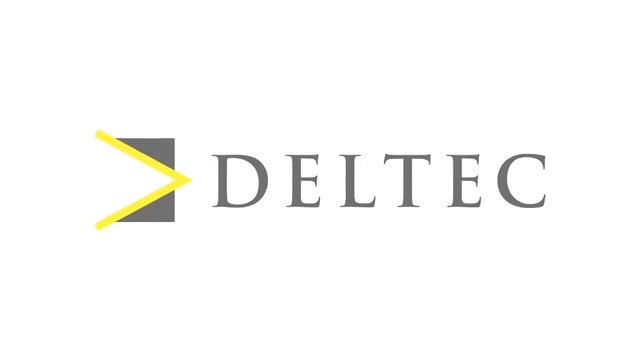Updated processes and evolving technologies are not the usual culprits that bear the blame for financial institutions that experiences shortfalls when attempting a digital transformation. The best solution to achieve change management occurs when human-centric priorities have an emphasis within the organization.
Change management is the only method available for a financial institution to genuinely transform so that it can meet the challenges that come with changing consumer expectations and increased competition levels.
Ambiguity Occurs Far Too Frequently in Digital Transformations
Financial institutions of all sizes have invested heavily in the idea of a digital transformation in the past decade. Although some banks and credit unions have reported successful results from this effort, most of them have experienced decidedly mixed outcomes.
When financial institutions get enveloped by its legacy systems and cannot move onto something new, then it is comfortable to start blaming the technology for the failure. Some banks might look at the complexity of this process or the scope of the goals in place as being problematic.
According to Deltec Bank, Bahamas – “The real difference between the winners of the digital transformation movement and those that become also-rans is an emphasis on people-centric enabling.” When an institution’s talent has practical training, transparent community, cultural alignment, and enough internal skill to create change, then the success rate of this evolutionary process rises dramatically.
Change Management Creates Improvements from the Inside
Although it might seem counterintuitive to suggest that people are the key that unlocks the value a digital transformation provides, automation and advanced technology implementation cannot occur without change management structures in place.
Effective communication and leadership are necessary to create fresh thinking and behavioral change. New ways of working are not going to become part of the culture no matter how smart or streamlined the technologies and processes are unless the employees of a bank or credit union are invested in the process of updating their approaches.
Both internal and external digital transformation processes need to embrace change management.
If a financial institution must market new ways for customers to interact with their accounts and services, then clear messages to each consumer can help individuals to identify the value that is available to them when trying something new. That approach is also necessary for banks and credit unions who want their employees to embrace the updated processes.
That means an institution must define why and how the new collaboration platforms, new systems, and mobile working styles are beneficial and essential to future operations.
Incentives Can Help People Embrace Change
Robust incentives are often necessary for the banking industry to drive behavioral changes and sustain them over an indefinite period. That means providers must have a willingness to invest in change management capabilities if they want to lead their digital transformation efforts to a successful outcome.
Automated processes and personalized experiences are useless unless people are part of the process – both employees and customers.
The institutions that have the most exceptional opportunities for success are the ones that equip themselves for a long-term approach. There must be internal recognition that a digital transformation effort is not a one-off project that has an upcoming deadline to meet. Banks and credit unions must adapt to an evolutionary approach that focuses on a continuous change to obtain wanted outcomes.
The forward-looking financial services providers are establishing change management and digital transformation offices today to ensure that teams and managers have knowledgeable leaders in place. Technology and talent roadmaps ensure that firms are fully equipped as they make forward progress on this effort.
Then clear metrics and criteria define success while teams monitor the adoption of the change management principles to refine plans as needed.
Digital transformation processes are actually business transformation efforts that technology enables today. These efforts are driven by people who have the best talents and skills to create the change that banks want to see. There is no other way for an institution to complete the evolutionary process.
Disclaimer: The author of this text, Robin Trehan, has an Undergraduate degree in economics, Masters in international business and finance and MBA in electronic business. Trehan is Senior VP at Deltec International www.deltecbank.com. The views, thoughts, and opinions expressed in this text are solely the views of the author, and not necessarily reflecting the views of Deltec International Group, its subsidiaries and/or employees.
About Deltec Bank
Headquartered in The Bahamas, Deltec is an independent financial services group that delivers bespoke solutions to meet clients’ unique needs. The Deltec group of companies includes Deltec Bank & Trust Limited, Deltec Fund Services Limited, and Deltec Investment Advisers Limited, Deltec Securities Ltd. and Long Cay Captive Management.
Media Contact
Company Name: Deltec International Group
Contact Person: Media Manager
Email: Send Email
Phone: 242 302 4100
Country: Bahamas
Website: https://www.deltecbank.com/

